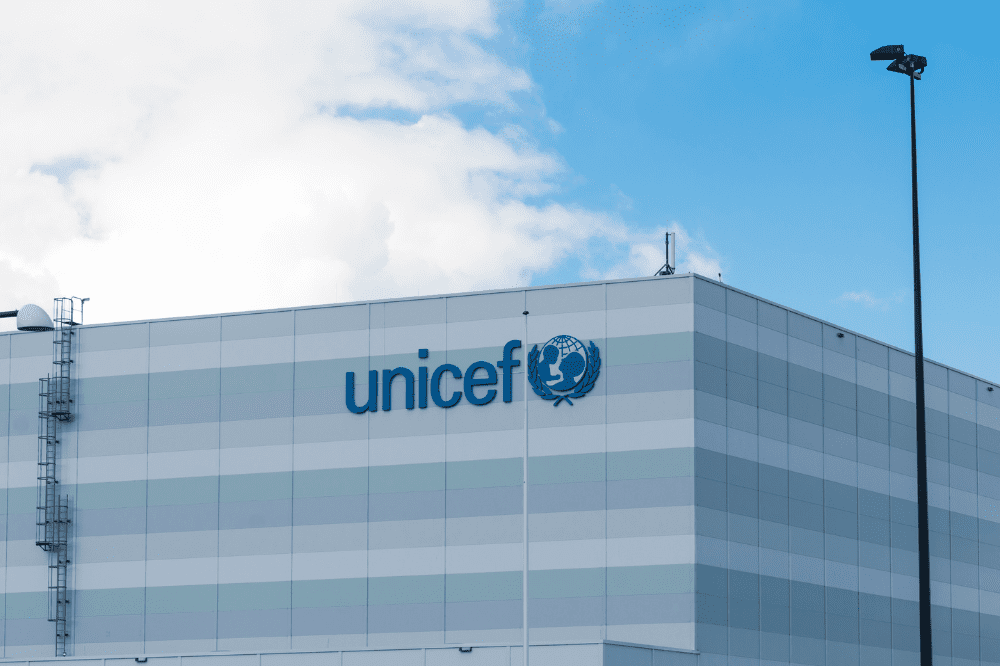WTW announces partnership with UNICEF

The program is projected to provide at least US$100 million of protection during its initial three-year period. It will focus on eight UNICEF host countries – Bangladesh, Comoros, Haiti, Fiji, Madagascar, Mozambique, the Solomon Islands, and Vanuatu. All are classified as Least Developed Countries (LDCs), rank among the top 15 countries at risk from climate-related disasters, or both.
“The risks of climate change are no longer hypothetical. They are here,” said Karin Hulshof, UNICEF deputy executive director for partnerships. “And even while we work to build communities’ resilience against climate disasters, we have to become much better in preempting risks for our children. We know more climate disasters are in the making. We just do not know where or when they will hit.”
Children represent the majority impacted by disasters, according to the Anticipation Hub. Even so, the new initiative marks the first time that an ex-ante climate disaster risk financing mechanism will specifically target children.
“UNICEF is the first UN institution, as well as one of the largest humanitarian organizations worldwide, to take out a bespoke disaster risk coverage for the protection of children, young people and parents, especially mothers,” said Simon Young, senior director at WTW’s Climate Resilience Hub. “As such, UNICEF is pioneering proof of concept for other organizations in the field. The decisive action by UNICEF can be a catalyst for more efficient, reliable, and quicker humanitarian crisis finance.
“WTW supports UNICEF’s call to invest, and to mobilize additional financing for preparedness under the initiative’s ‘today’ component,” Young said. “We stand ready to continue our role in helping to climate- and future-proof humanitarian finance through pre-arranged and trigger-based funds to mitigate the impacts of climate shocks.”
WTW’s parametric policy builds on the Child Cyclone Index, which captures children’s exposure to tropical cyclones and related relief needs. It includes a minimum payment for smaller events of at least US$50,000 to US$150,000, varying by country, for any event with a wind speed of at least 39mph over land, that is linked to impacts on children and young people.
UNICEF and WTW conservatively estimate that the initiative will benefit 15 million vulnerable children and young people, as well as a large share of women.





